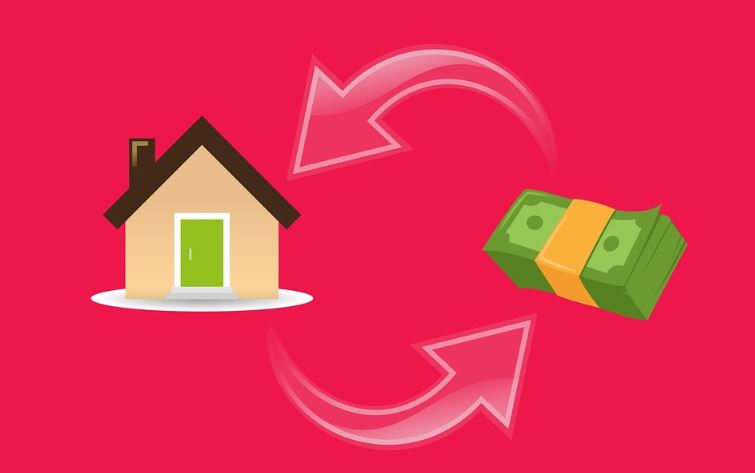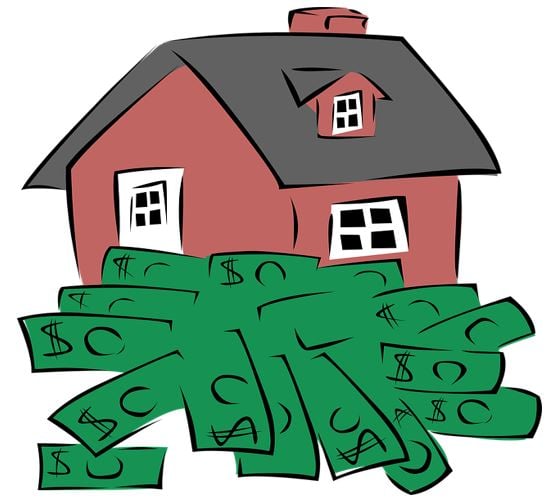As a homeowner, it pays to perform a health check on your mortgage loan every few years. Determining whether your current mortgage is still the best deal for you is important, the right deal can save you tens of thousands of dollars. Despite what banks tell you, they aren’t always acting in your best interest, so it’s up to you to make sure you are getting the best deal possible.
 So, what happens if you have decided your current lender isn’t giving you the best deal? Or perhaps you had the best deal, but your situation has changed, and now your mortgage isn’t working for you. Luckily you can refinance home loans. This is a major financial decision, so it should be weighed up with the appropriate care. Let’s have a look at how it all works,
So, what happens if you have decided your current lender isn’t giving you the best deal? Or perhaps you had the best deal, but your situation has changed, and now your mortgage isn’t working for you. Luckily you can refinance home loans. This is a major financial decision, so it should be weighed up with the appropriate care. Let’s have a look at how it all works,
What is it?
Refinancing your home loan essentially means you are entering a whole new mortgage agreement. A new lender will buy out your old mortgage and refinance your loan accordingly. Refinancing is done in the hopes of lowering monthly repayments or reducing the length of the loan.
How to do it
First, you will need some key figures. You will need to know your credit score and your home’s current value. Finding your credit score can be done for free online, though watch for scammers. An approximate value of your home can be found through real estate websites but will need to be properly assessed for a final value.
Once you have these numbers, do the research and find an interest rate or term that suits you better. Book in a consultation with your new lender and bring all relevant documents. Don’t forget to keep some extra cash handy for all applicable fees and stamp duties.
 The benefits
The benefits
As stated earlier, refinancing your home loan can reduce monthly repayments and reduce the life of the loan. By refinancing the mortgage with your new lender at a lower agreed interest rate, you are reducing the monthly repayments.
Refinancing can be useful if you find your current mortgage to be too constrictive. For example, say the term of the mortgage is 30 years with a low-interest rate, but with no clause for extra payments. If your situation has changed since signing the loan, you may want to be able to make extra payments to pay the loan quicker. Refinancing to a lender that allows extra repayments could help you own your home faster and save money.
Is it worth it?
Effectively re-negotiating your mortgage and getting a better deal is fantastic, but there are hidden dangers. There are numerous and hefty fees awaiting anyone wanting to refinance home loans. The biggest fees will be in “closing” the sale of your home. Essentially, your new lender will have bought the house of your old lender and re-mortgaged it to you.
Whether or not refinancing is worth it really depends on your situation. You must take into account all associated fees and costs and weigh them up against your potential savings. If you have negotiated a better deal and save $100 a month but paid $10000 in closing fees, It would take over eight years to recoup that fee.
Refinancing your home is an immense financial decision and should not be done without all the appropriate research. The potential is there to save money and repay your mortgage quicker, but the pitfalls are many and the fees can accumulate to a point where any potential savings are nullified. If your situation has changed since first signing your mortgage, perhaps its time to re-evaluate your home loan and find a better solution for you.
Video – What is a Mortgage?
A mortgage is a home loan. Watch this Market Business News video for a brief description of the term.

